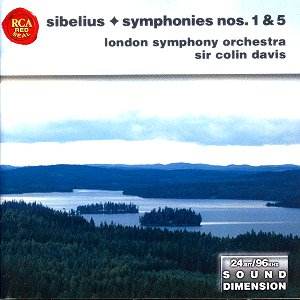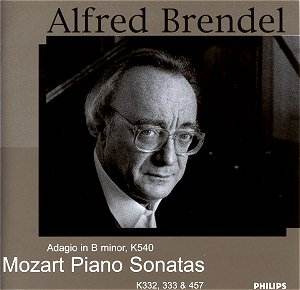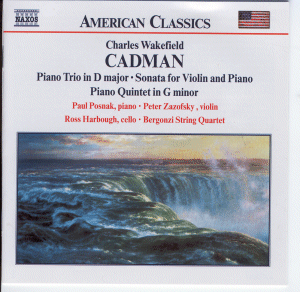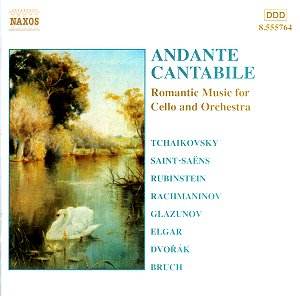 Composer: Jules Bastin
Composer: Jules Bastin
Works: “Airs folkloriques walloons,” Songs and Carols from France, Germany, Ireland, etc., sung in the Walloon language
Performers: Jules Bastin (bass), François Prume Choir, dir. Raymond Micha (also piano)
Recording: Abbaye de Stavelot, 1971 & 1977
Label: Pavane Records ADW 7380 [73.30]
Jules Bastin, a distinguished figure in the operatic world of the 20th century, brings forth a celebration of his Walloon heritage in “Airs folkloriques walloons.” This recording, featuring a collection of folk songs and carols sung in the largely overlooked Walloon language, serves as both a personal homage to Bastin’s roots and a cultural testament to a dialect that has nearly lapsed into obscurity. The intertwining of regional folk traditions with classical performance practices offers a unique perspective on the rich tapestry of European musical heritage, positioning Bastin not just as a performer but as a custodian of his cultural identity.
The performances, characterized by Bastin’s lean yet resonant bass voice, are commendable for their technical precision and expressive depth. From the outset, his rendition of “Holy Night,” set to Adam’s familiar melody, establishes a standard of clarity and warmth that permeates the disc. Bastin’s impeccable diction allows the nuances of the Walloon text to resonate with a natural eloquence, while his ability to modulate his tone without sacrificing expressiveness is particularly noteworthy. The singer exhibits a remarkable breath control, allowing for seamless legato passages that enhance the lyrical quality of the folk songs.
The accompanying François Prume Choir, directed by Raymond Micha, occasionally struggles with balance and clarity, yielding a sound that can be harsh in moments. This is particularly evident in the more robust choral sections where the blend of voices does not always achieve the desired warmth. However, the choir’s contributions to the overall ambiance of the recording cannot be dismissed; they provide a necessary contextual backdrop that enriches Bastin’s solo lines. The arrangement choices made throughout the disc reflect an understanding of the folk tradition, with instrumentation and vocal harmonies that highlight the songs’ origins while still fitting within a classical framework.
Sound quality is predominantly good, with the recording set in a resonant acoustic that allows Bastin’s voice to float naturally above the accompaniment. The slight resonance adds a sense of space, although it can sometimes render the choir’s entries a bit overshadowed. The engineering captures the essential vibrancy of the performance, though one might wish for a more refined polish in the choral sound to match the clarity of Bastin’s solo work.
Comparatively, while Bastin’s interpretations might not have the same widespread recognition as some of his contemporaries in the operatic canon, his work here stands out for its authenticity and heartfelt connection to the material. His performances in operas such as Berlioz’s La Damnation de Faust and Mozart’s Cosi Fan Tutte showcase his versatility, yet this recording offers a deeply personal insight into his artistry that is rarely available in traditional operatic performances.
This disc is a delightful find that transcends initial appearances. For those willing to delve into the rich, albeit niche, realm of Walloon folk music through the lens of a masterful interpreter, it is a rewarding experience. Bastin’s artistry, combined with the cultural significance of the repertoire, creates an enriching listening experience that is both historically relevant and musically satisfying. Highly recommended for anyone interested in the intersections of folk traditions and classical performance.



